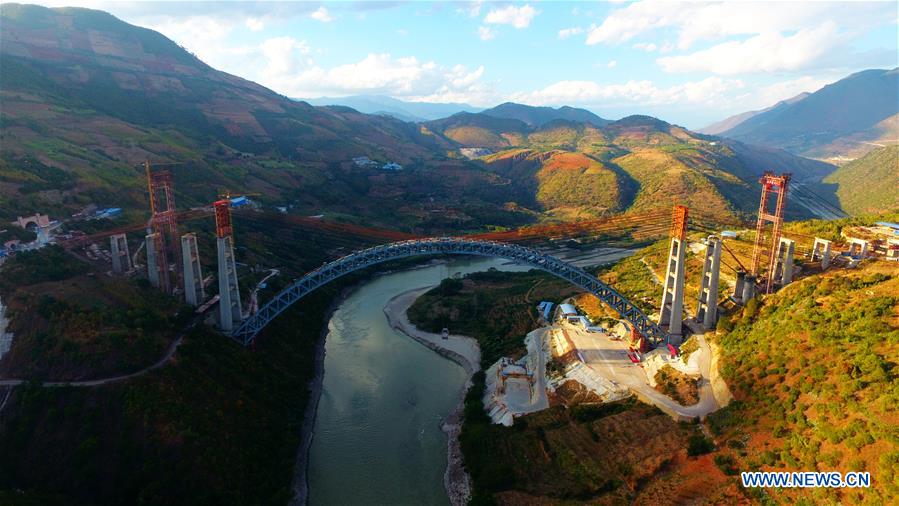
Report 305 / Asia 30 March 2020 Crisis Group
Isolated from the international community, Myanmar is deepening its dependence on China. But closer ties, Beijing-backed megaprojects and private Chinese investment carry both risks and opportunities. Both states should proceed carefully to ensure local communities benefit and avoid inflaming deadly armed conflicts.
/96.08780993749993,21.507946202830542,3/421x337.png?access_token=pk.eyJ1IjoiZGFsdG9ud2IiLCJhIjoiOWdSSXFQSSJ9.HZyjh4g3TAAOAncwelv9Vw)
Related Tags
Crisis Group conducted the fieldwork for this report before the COVID-19 pandemic. Some dynamics examined in this publication may have changed in the meantime. Moving forward, we will be factoring the impact of the pandemic into our research and recommendations, as well as offering dedicated coverage of how the outbreak is affecting conflicts around the world.
What’s new? The Rohingya crisis has strained Myanmar’s relations with the West and much of the Global South, pushing it to rely more on diplomatic and economic support from China. With a China-Myanmar Economic Corridor proceeding, and smaller private-sector projects proliferating, China’s investments in Myanmar are poised to shift into higher gear.
Why does it matter? Many of these projects are located in or near areas of active armed conflict, and are often implemented without sufficient transparency, consultation with local communities or awareness of the local context. They risk empowering armed actors, heightening local grievances and amplifying anti-Chinese sentiment, which could lead to a popular backlash.
What should be done? China needs to take more responsibility for ensuring that its projects benefit local communities and Myanmar’s economy, and do not exacerbate conflict. The Myanmar government should enhance its China expertise to negotiate and regulate projects more effectively. Both sides need to practice greater transparency and meaningful community consultation.
